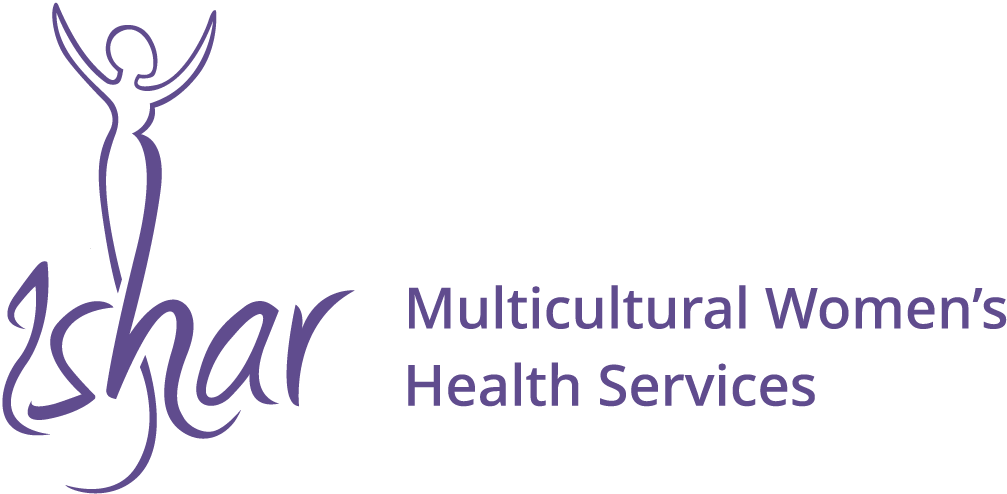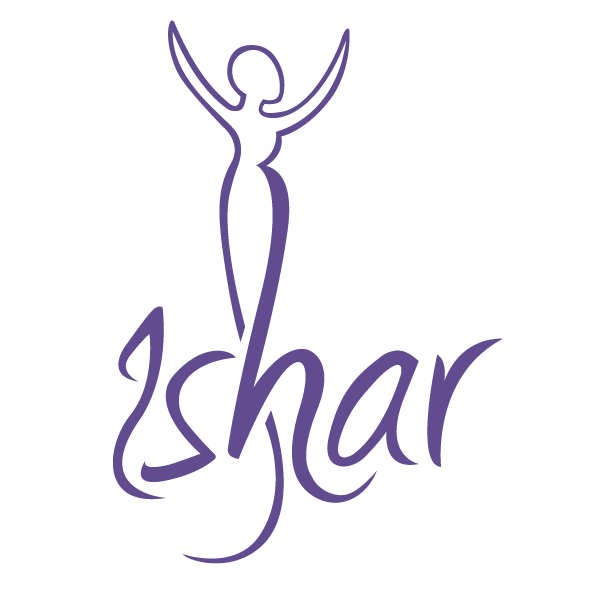Healthy Minds, Healthy Bodies, Happy Hearts
Empowering Young Refugee and Migrant Women to Have Safe and Respectful Relationships
It’s a Thursday afternoon, straight after lunchtime, when twenty young women from refugee and migrant backgrounds enter the classroom, bubbling with post-lunch excitement, ready to tackle week three of the Healthy Minds, Healthy Bodies, Happy Hearts project. However, instead of sitting down, they immediately see the words ‘Sexual Health’ printed on the screen, and erupt into fits of giggling. For many of these students, this room will be the first time they can openly discuss sex, sexuality, and relationships. For so many girls, in particular girls from refugee and migrant backgrounds, discussions around sexual health are silenced in their families due to a pervasive thought and belief that sex education leads their children to an increase in sexual behaviours. However, there is a plethora of evidence that disproves this, and instead advocates for comprehensive sexual health education as a means to reduce rates of sexually transmitted infections (STIs), pregnancy, and to encourage young adults to enter safe relationships.
Sexual and reproductive health education with women is associated with improved mental health, social and economic outcomes, quality of life, and reduced rates of STIs and unplanned pregnancy. Despite the benefits of sexual health education, these services have low uptake among refugee and migrant women, meaning their sexual and reproductive health outcomes are adverse. A complex network of cultural and religious factors attribute to this- communication barriers, religious sensitivity around such topics, cultural differences and misunderstandings, gender norms, and lack of health insurance. There is an evident need for organisations and healthcare providers to explore and address the unique challenges faced by young women in the refugee and migrant community when accessing sexual and reproductive health education.
After receiving a grant for the project, we set off on a mammoth task to develop a series of workshops on mental health, sexual health, respectful relationships and lifestyle; specifically targeted to meet the cultural needs and requirements of young women in the Culturally and Linguistically Diverse (CaLD) community. The Healthy Minds, Healthy Bodies, Happy Hearts project aimed to address these challenges in a variety of ways:
Receiving consultation from the Multicultural Youth Advisory Network of WA, who provided feedback regarding cultural sensitivity and additional challenges faced by this group of young women
Presenting information simply and engagingly; always accompanied by visual prompts to assist those with language barriers
Taking time to know each of the girls through a series of ice-breaker activities before each session, and introducing an anonymous question-box
Incorporating a range of activities to engage the young women audience
Allowing lots of time for the girls to share their thoughts and opinions in a safe, non-judgemental and confidential space
Ending every session with a discussion on accessing healthcare services- confidentiality, Medicare, and how to book an appointment. There was a particularly large focus of the project on increasing the visibility of health services, as we wanted the women to know about all of the services available to them.
To give you an idea of what we cover in our sexual health sessions, we cover a range of topics such as safe sex, how to protect yourself and others from STIs, and different forms of protection. We also endeavour to deliver a comprehensive sexual education by discussing sexual consent, abuse, healthy relationships and what they look like, how to communicate boundaries and limits in a relationship, and how to overcome conflict with a partner by using each other’s love languages. We aim to empower these young women (either say girls throughout or young women throughout – I would suggest young women) in their relationships; encouraging them to know their wants, needs, and values, and equipping them with the tools to communicate this effectively in their relationships. We hope that this, coupled with education on sexual health, will ensure these young women are entering relationships informed, empowered, and in turn, bettering their quality of life and sexual and mental health outcomes.
Some comments from our students following our sexual health session included:
“What I liked the most was how to use condom and how girls could protect themselves from getting pregnant”
“I like the sexual health learning. Because it makes me to be aware from of [sic] different kind of diseases”
“I like how we are not judging about what other people are thinking. Very interesting and easy to understand”
“They explain how we can have safe relationships and [sic] also how to protect to not become pregnant until we want to”
While this written feedback was a great affirmation of the need for comprehensive sexual and reproductive health education, it was the actions that resulted from the workshops that reinforced this the most. One of the program’s students realised after the sexual health and relationships sessions that she was being abused by an elder in her community. Remembering our advice on what to do in this situation, she told her parents, went to the Police and Perth Children’s Hospital, and visited the Doctor at Ishar. While a devastating realisation for this young woman, it is this kind of evidence that confirms the importance of such education, in particular in ensuring that these young women are entering relationships informed and aware of when they are being taken advantage of.
Looking to the future, Ishar strives to ensure the longevity and continual improvement of the Healthy Minds, Healthy Bodies, Happy Hearts project. There were questions from the girls regarding information on sexual health in LGBTIQA+ people, so that is an area that will be at the forefront of the program heading into the next year. We are also hoping to expand the reach of the program into more schools, and to continue to refine the content to ensure optimal applicability and understanding for the range of language abilities that the students may have. But as we continue to grow and refine, our core belief will always remain; that any young woman has a right to enter relationships informed, empowered, and with a strong sense of self, so that in turn she has agency and independence to make her own decisions.

